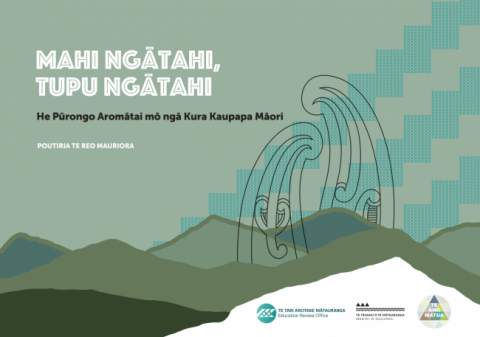Stewardship: strategic resourcing
Published: 04 Sep 2017
At Manurewa Central School, careful financial management over many years has enabled the provision of high quality facilities and resources that enhance the school environment and learning opportunities available to students and their families and whanau and the community.
- Audience:
- Education
- Parents
- Schools
- Content type:
- Research
- Topics:
- Improvement
- Stewardship
- Resourcing
- Evaluation indicators
- Video
- Improvement in Action Te Ahu Whakamua












